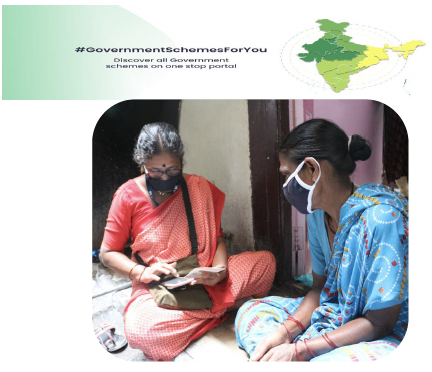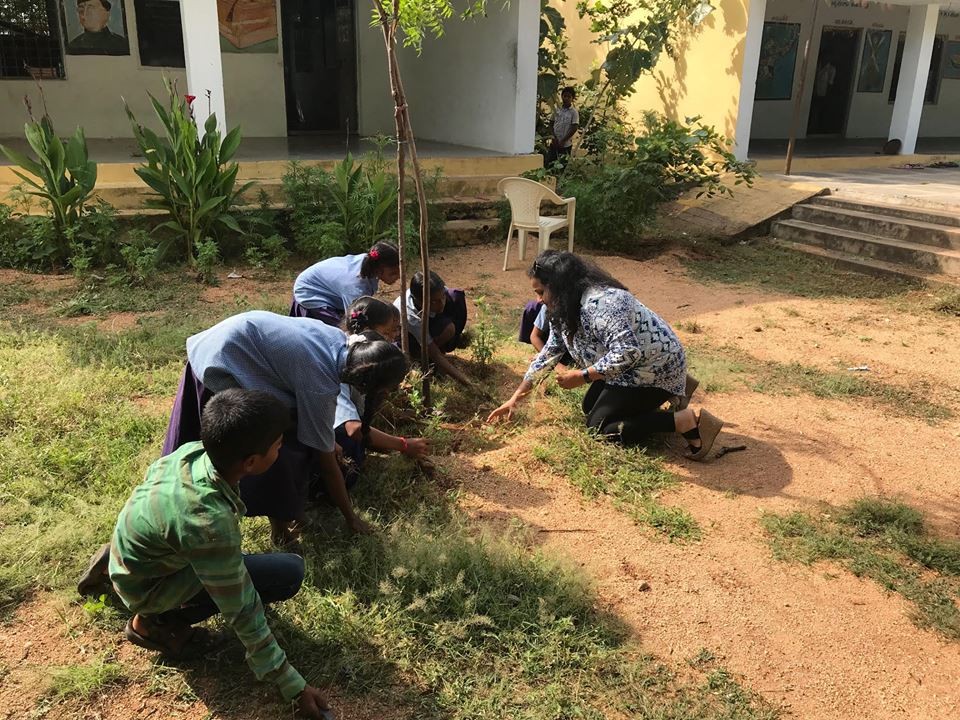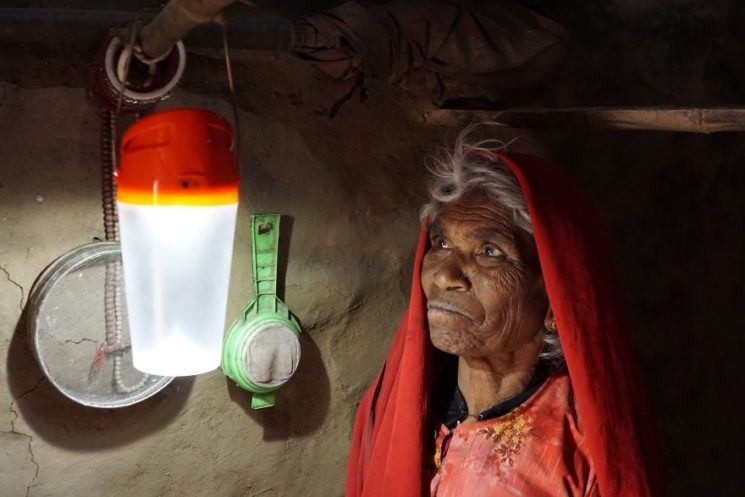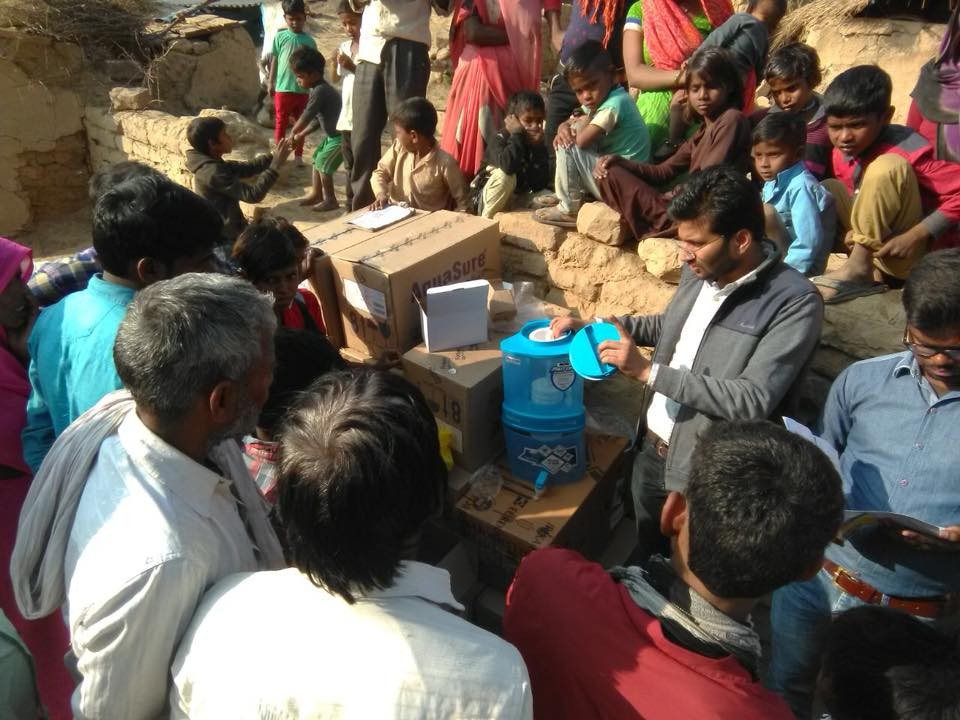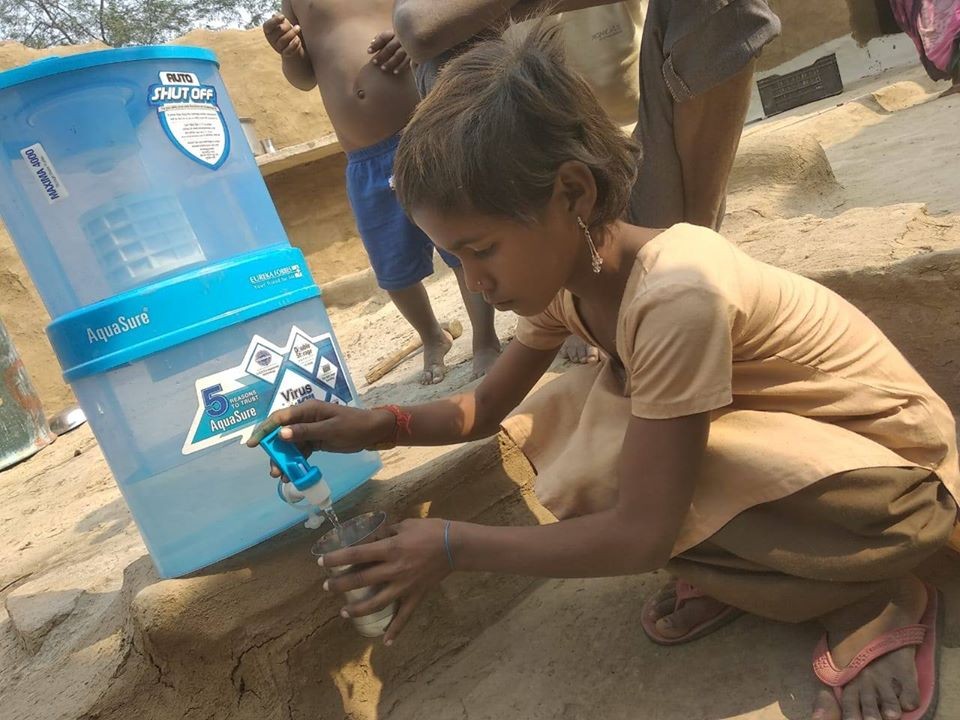OUR IMPACT
Project Adhikaar – Government Scheme Access for Tribal & Rural Citizens
-
Project Implementation Plan
Key Components:
Target Area: South Gujarat tribal belt (Dharampur, Valsad), covering 25 villages.
Beneficiaries: Approximately 2,000 citizens.
Database Creation: Compiling all BJP-led government schemes in Gujarati, Hindi, and English into an easily searchable format for field staff and the upcoming app.
Field Agent Deployment: Training and placing on-ground personnel to assist villagers with documentation, form submission, and scheme enrollment.
Digital App Development: Creating a multilingual app to simplify scheme discovery and reduce last-mile friction.
Pilot Timeline: April–June 2025 (research & planning phase), July–August 2025 (implementation phase).
Budget: Approx. ₹2,50,000 including research, logistics, salaries, and outreach.
Expected Deliverables:
- Scheme awareness sessions
- On-ground assistance in documentation
- Enrollments into 2–3 schemes per citizen
- Real-time reporting through a structured monitoring system
Project Challenges
The project addresses deep-rooted structural and logistical barriers:1. Language & Literacy Barriers
Many citizens cannot understand scheme details due to low literacy and lack of regional-language information.
2. Digital Illiteracy
Inability to use digital portals results in major gaps in welfare access.
3. Paperwork & Red-Tapism
Complex documentation and bureaucratic steps deter rural beneficiaries from applying.
4. Accessibility Issues
Remote tribal villages lack easy access to government offices, creating high opportunity costs for citizens.
5. Political Sensitivity & Coordination
Need for structured collaboration with local leaders, including MPs and village authorities.
6. Logistical Costs
Travel, agent training, and data collection in remote areas require significant resources.
Results & Outcome
Work Completed (April–June 2025):- Database of all BJP schemes created in Gujarati, Hindi, and English.
- Target villages identified with priority mapping across the Dharampur tribal belt.
- Meetings initiated with local political leadership (including area MP Dhaval Patel).
- Framework established for training field agents and monitoring their performance.
Pilot Outcomes (Expected July–August 2025):
- Enrollment of 2000+ citizens into eligible central and state welfare schemes.
- Coverage of 25 tribal villages with door-to-door scheme facilitation.
- Increased awareness and uptake of high-impact welfare programmes such as:
Ayushman Yojana
- E-Shram
- Pension Schemes
- Vahali Dikri
- Kisan Sanman Nidhi
- Solar pump & irrigation subsidies
- Manav Garima Yojana
- Strengthened welfare access resulting in improved financial stability and inclusion for tribal communities.
- Foundation laid for a scalable digital platform that will reach 1–5 lakh voters in one year, reducing dependency on manual outreach.
About Ngo
KarmaKonnect is a non-profit social venture that aims to connect the fragmented ‘giving’ ecosystem by empowering NGOs, donors, volunteers, corporates and government to create impactful social development interventions. KarmaKonnect is an enabler; motivating and empowering individuals and organizations to tap the growing philanthropy landscape by creating, connecting, and/or collaborating for credible projects and causes. The KarmaKonnect team is currently involved in a number of initiatives across the country, through various dedicated volunteers and NGOs. We are primarily working on:• Child education and livelihood skills (slum evening schools/shelters and aiding low income govt schools) in Gujarat, Telangana, MP and Delhi through utilization of existing govt infrastructure and innovative collaborative models.
• Women Empowerment and legal help, rescue and rehabilitation projects (primarily on Gujarat and UP)
• Rural Empowerment and Citizens Change/Awareness programs (Gujarat, MP, UP, Telangana and Rajasthan).
• We also Executing comprehensive "adopt a village" projects for donors involving well researched sustainable solutions for development
• Training and placement of specially abled
• Refuge rehabilitation projects. (Urban slums)
• Adhoc Medical help and assistance as needed.

